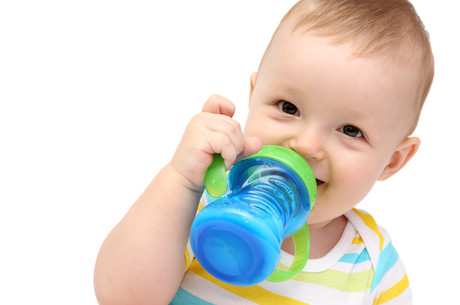Liquid infant formula market is challenging in Japan

Liquid infant formula offers a number of benefits to parents, as it does not require any preparation and has a long shelf life. Although it is popular in countries such as the United States, it has not been used in Japan due to a previous lack of safety regulations.
These have recently been addressed, with the Ministry of Health, Labor and Welfare releasing guidelines for manufacturing, labelling and storage of liquid infant formula, but data and analytics company GlobalData predicts it will still take several years before it appears on the commercial market in Japan.
According to the company, the rising number of breastfeeding mums may also be responsible for the lack of demand in Japan, which increased from 41.4% in 2005 to 55% in 2015. However, natural disasters such as the 2011 tsunami and the earthquakes in Japan in 2016 highlighted the convenience of liquid milks, which were shipped from the US and Finland.
Therefore, despite the rise of breastfeeding, there has been a growing demand for liquid formula which has resulted in a 9.8 kg per capita consumption of infant formula by babies aged 0–12 months.
Valerie Lincoln-Stubbs, Research Director of Baby Food at GlobalData, suggested that this does not mean it will be easy for manufacturers to sell their products.
“Overall, the market is difficult and competitive for manufacturers, and all of them are keen to find ways to increase their sales in a market with ever fewer consumers.”
She suggested that manufacturers should be aware of the carbon footprint associated with transporting liquid milk compared to powdered milk, and the challenges of small spaces, lack of storage and income in Japan, which may influence consumer decisions.
“Liquid formulae tend to command a higher price and, while Japanese consumers are generally affluent, there are concerns that these products will be unaffordable for the less wealthy. When they do hit the shelves, it is likely that demand will be limited, with small individual serving packs expected to be the most popular format due to their on-the-go appeal, their relatively affordability and easy storage,” Lincoln-Stubbs concluded.
Suntory Oceania appoints new CMO
Bríd Drohan-Stewart will join Suntory Oceania in April as its chief marketing officer of...
Fonterra announces Mainland Group leadership change
Fonterra announced that René Dedoncker has resigned, but is planning to lead Mainland...
foodpro 2026 now open for registrations
Returning to Melbourne with over 400 suppliers exhibiting food and beverage processing equipment...











